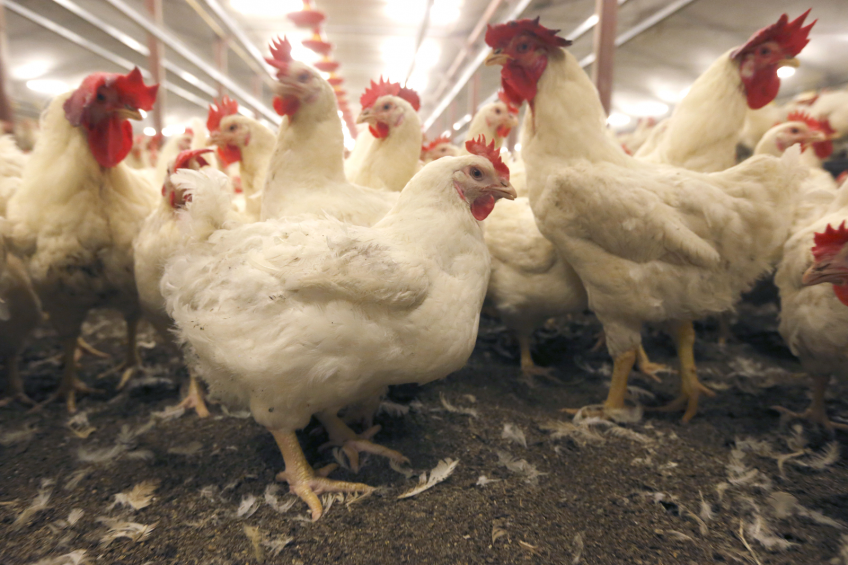AI affects global trade streams, says Rabobank

According to Dutch Rabobank outbreaks of avian influenza in Asia, Europe and North America could affect global trade streams. Rabobank says this in its latest report on the global poultry industry.
As avian influenza (AI) continues to spread world wide, with new outbreaks in Asia, Europe and North America, it could affect global trade streams, especially as the virus has moved further in Europe to Hungary, and in the US to central states like Minnesota, Missouri and Arkansas.
Bright future for the poultry industry
Despite all this, Rabobank foresees a bright future for the poultry industry, according to the report written by its Food & Agribusiness Research team. The global outlook remains positive, with steady high beef prices, lower feed costs and a relatively strong demand for poultry in most regions. However, there are problems as well: nexdt to the AI outbreaks the exchange rate volatility and turmoil in regions such as the Middle East and Eastern Europe lead to lower trade volumes, prices and shifts in trade streams.
EU poultry industry shows recovery
The EU poultry industry shows some recovery and although supply is currently tight, the outlook is threatened by ongoing avian influenza concerns and still closed export markets. The poultry sector in the US has a favourable outlook, but also here some uncertainties remain. Rabobank expects high margins in 2015, however the industry expansion is a big unknown.
Human AI cases reported in China
China is suffering from oversupply, mainly due to AI and food safety issues. As a consequence of human AI cases reported, live bird markets were shut down. During the seasonal peak month, poultry retail prices remained flat.
Outlooks remain strong for the Russian market, with expected ongoing tight market conditions due to expensive, limited imported volumes and restrictions on growth.
Strong exports for Brazilian poultry industry
The Brazilian poultry market began 2015 bullish despite of the export challenges. The lower oil price will hit the Middle East demand. Still, exports are expected to be strong in 2015, mostly driven by Asia. Margins will be supported by reduction of feed costs as well.
Ongoing AI issues in Mexico
Mexico has ongoing AI issues and lower pork prices will soften poultry meat consumption growth. Japan’s poultry industry is still bullish despite ongoing AI outbreaks. In Thailand, the export position is supported by a strong Thai baht.













